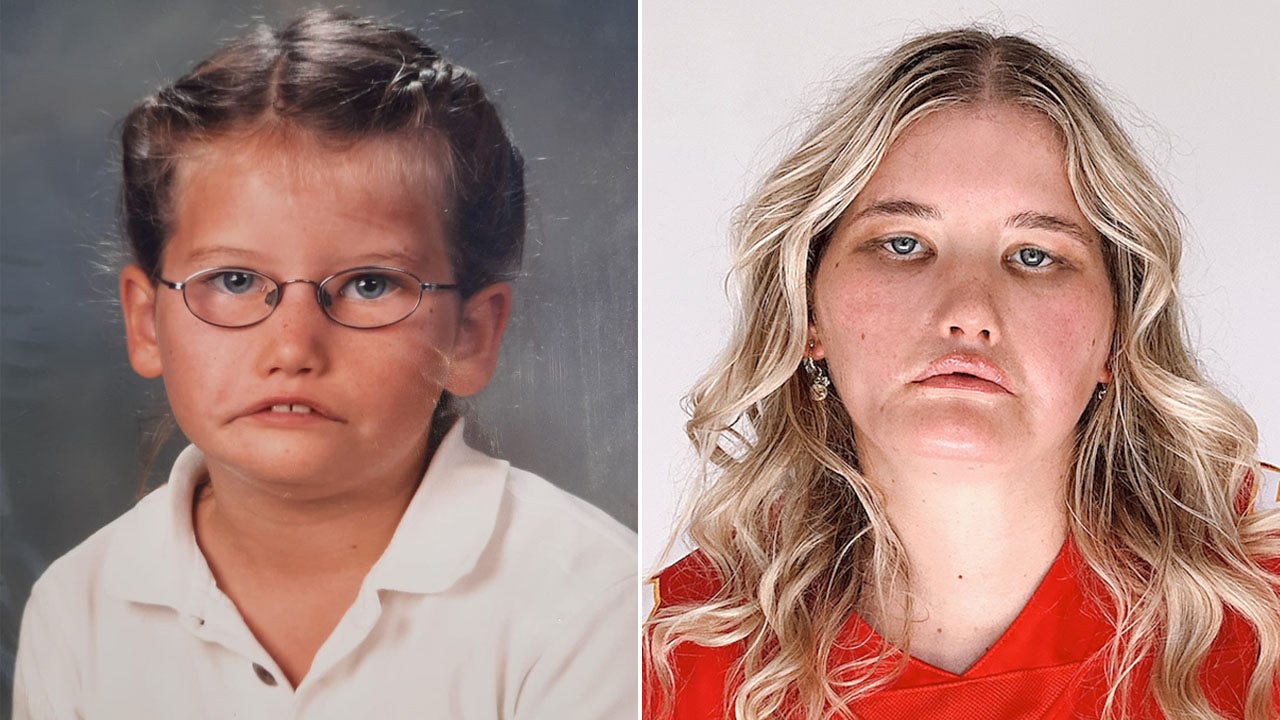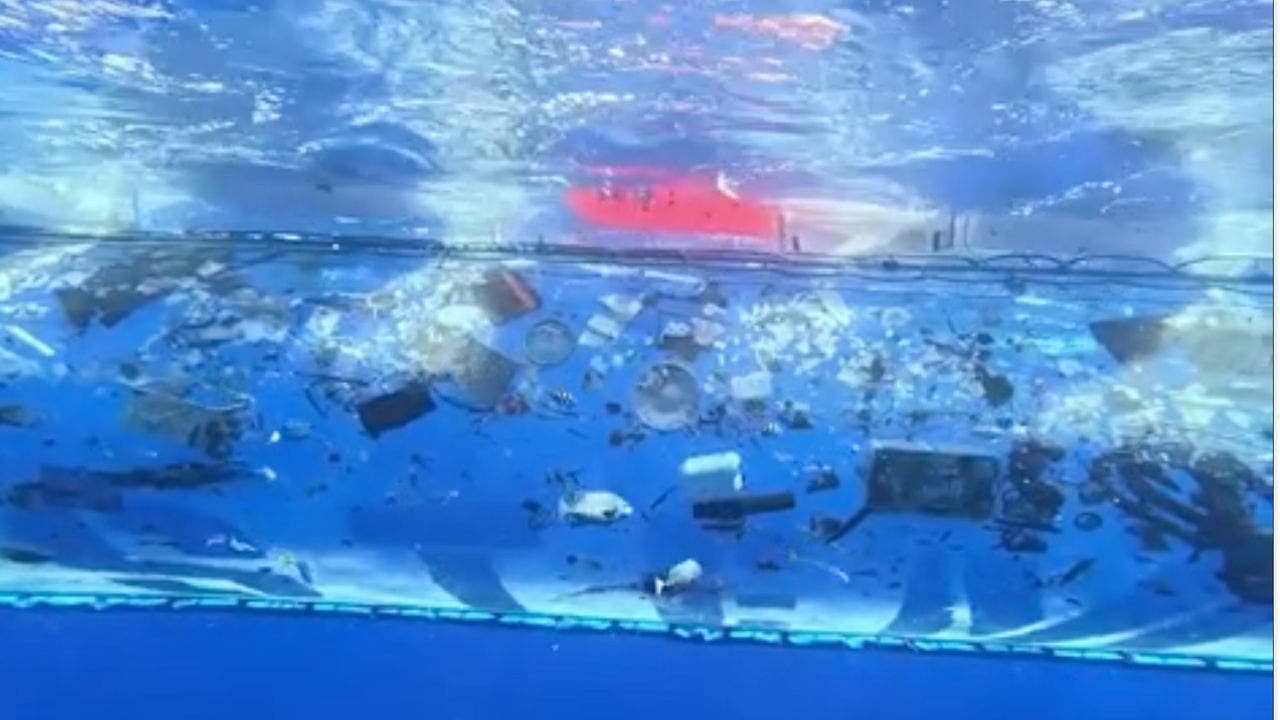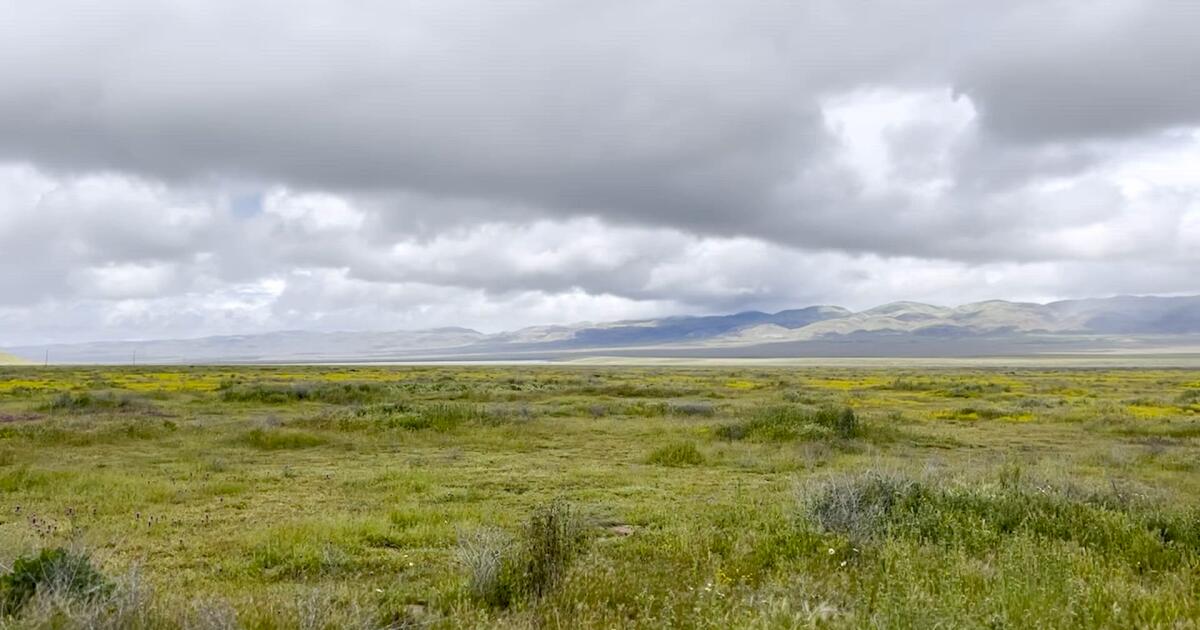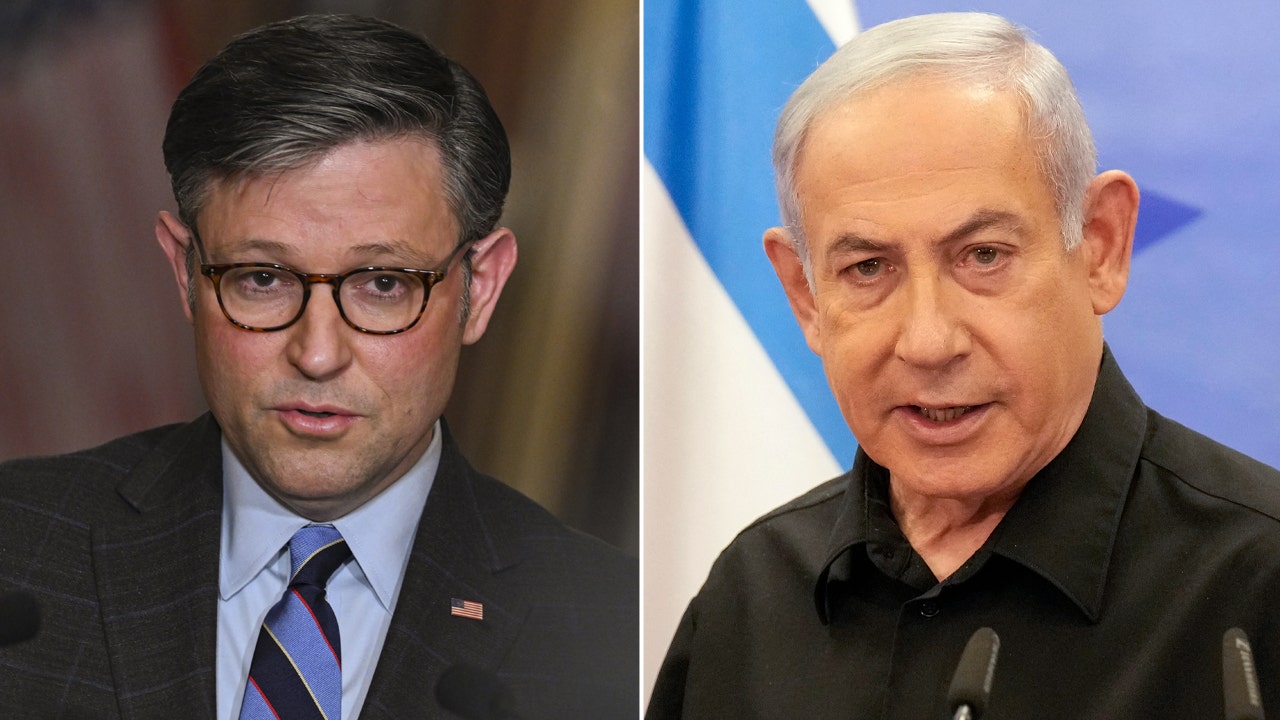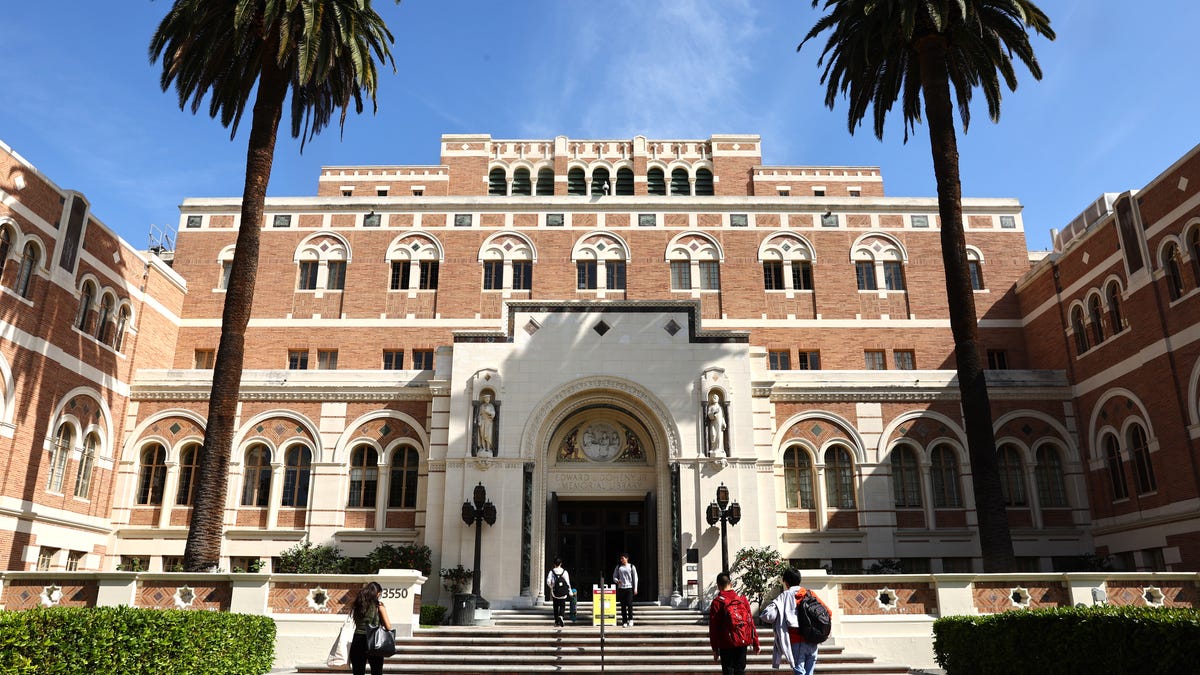World
New York Lawmakers to Loosen Gun Laws After Supreme Court Ruling


World
Von der Leyen staffing turbulence plays into EU elections
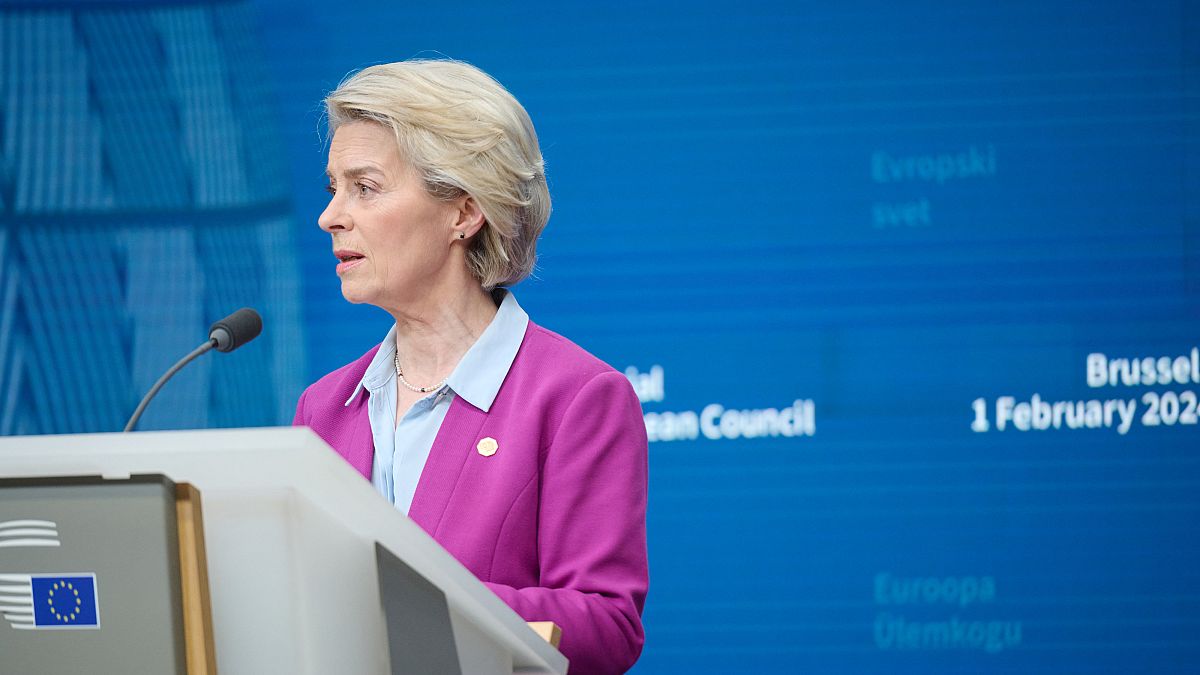
A human resource crisis at the Commission comes ahead of a sensitive changing of the guard in Brussels.
Controversial small-business envoy Markus Pieper now won’t take up duties at the European Commission – but the scandal takes place at a sensitive time in Brussels.
A decision to hand a lucrative €20,000-a-month official post to Pieper, a member of the same German political party as Commission President Ursula von der Leyen, could have complex repercussions ahead of European elections due in June.
In a statement posted on X, Pieper himself said the role had been “abused for party political reasons”, and accused EU Industry Commissioner Thierry Breton of having “boycotted” his appointment.
“Things will look different after the European elections with the foreseeable new majorities,” Pieper added – suggesting that future Commission official recruitments could be influenced by June elections projected to see a rise in support for right-wing parties.
Sources close to Breton said Pieper’s allegations were “ludicrous at best”, while Commission Chief Spokesperson Eric Mamer declined to comment.
But Mamer was candid that pre-election turbulence has played a role, after MEPs voted 382-144 in favour of rescinding the appointment.
“The context in which this whole procedure has evolved in recent weeks is not serene,” Mamer said. “Waiting for the end of elections will bring us to a point in time where the procedure can take place in a better environment.”
The Pieper hire drew controversy given allegations he scored worse on assessment tests than other candidates, and was not supported by Breton, the portfolio Commissioner for the role, in apparent contradiction to official senior appointment guidelines.
Piepergate comes at a sensitive time
It comes at a key moment in Brussels, with changeovers pending at both Commission and Parliament.
Von der Leyen is currently campaigning for a second five-year term in office as candidate of the centre-right European People’s Party.
According to most polls, the EPP will likely come first, but she’s unlikely to win an outright majority. To be voted into office, she’ll almost certainly have to form some kind of coalition with the MEPs currently her rivals.
And those lawmakers are certainly making hay from the scandal.
Von der Leyen “went too far” in appointing Pieper, and “his resignation was the only way out of the unbearable situation” she and the EPP had created, said a post on X by the Socialists and Democrats, the Parliament’s second biggest party. The EPP did not immediately respond to a request for comment.
Though Piepergate won’t change the price of butter, EU hiring crises can sometimes have an outsize impact.
Long ago in 1999, a previous Commission president, Jacques Santer, was forced to resign after a scandal in which one of his Commissioners hired a dentist to a senior advisory position.
And in a speech last week, the EU’s Ombudsman, responsible for investigating cases of maladministration, highlighted “some causes for concern” in the politicisation of official roles.
Though she didn’t refer to the Pieper case directly, Ombudsman Emily O’Reilly said “there has also been an overt political evolution in the outlook” of the Commission’s most senior decision-making body, and warned that “this drift toward overt politicisation might extend deeper into the workings of the system.”
Mamer said today that “there is no reason” for O’Reilly to probe the Pieper case further, as the Commission “respected all of the relevant procedures when it came to the selection process.”
World
IAEA chief worried Israel could strike Iran nuclear facilities

World
IAEA warns that attacks on a nuclear plant in Russian-controlled Ukraine put the world at risk
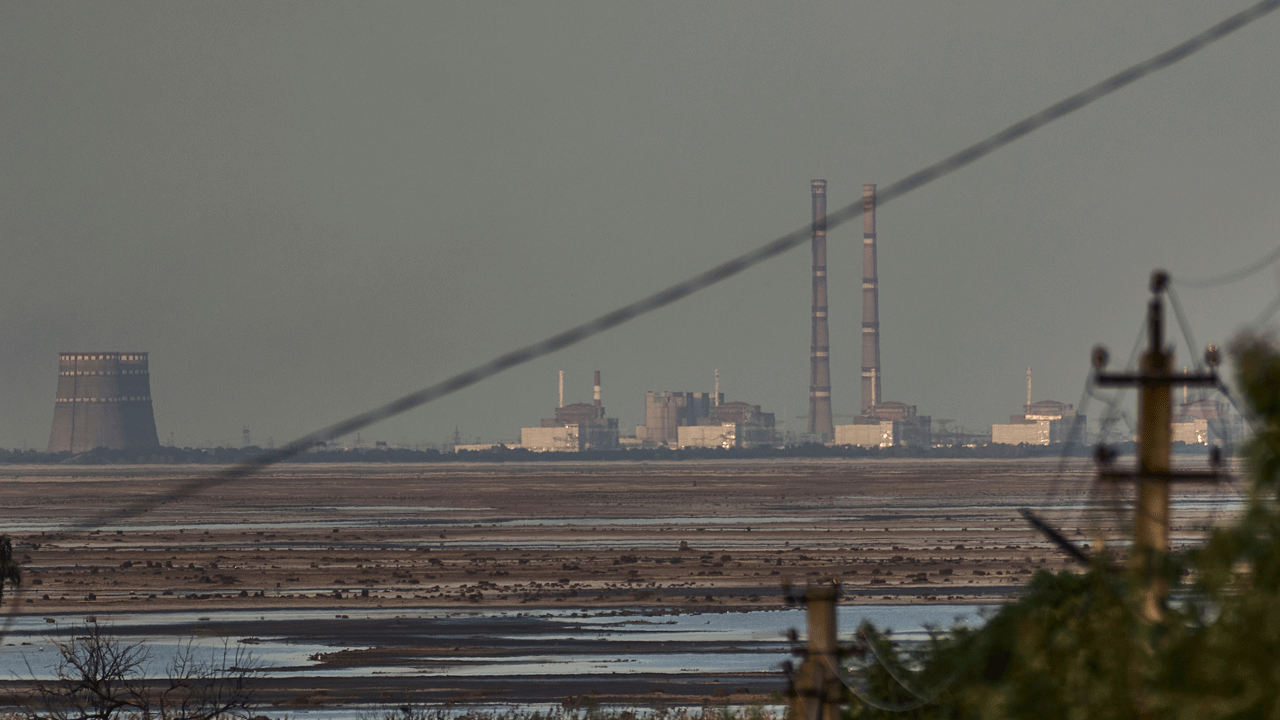
UNITED NATIONS (AP) — Russia and Ukraine on Monday traded blame before the United Nations Security Council for the attacks on Europe’s largest nuclear power plant, which the head of the International Atomic Energy Agency said have put the world “dangerously close to a nuclear accident.”
Without attributing blame, IAEA Director General Rafael Mariano Grossi said his agency has been able to confirm three attacks against the Zaporizhzhia Nuclear Power Plant since April 7.
UKRAINE DENIES RUSSIAN CLAIM OF DRONE STRIKES ON EUROPE’S LARGEST NUCLEAR PLANT
“These reckless attacks must cease immediately,” he told the Security Council. “Though, fortunately, they have not led to a radiological incident this time, they significantly increase the risk … where nuclear safety is already compromised.”
The Zaporizhzhia nuclear power plant, Europe’s largest, is seen in the background of the shallow Kakhovka Reservoir after the dam collapse, in Enerhodar, Russian-occupied Ukraine, Tuesday, June 27, 2023. Officials at the Russian-controlled Zaporizhzhia Nuclear Power Plant said that the site was attacked on Sunday, April 7, 2024, by Ukrainian military drones, including a strike on the dome of the plant’s sixth power unit. (AP Photo/Libkos)
The remote-controlled nature of the drones that have attacked the plant means that it is impossible to definitively determine who launched them, Grossi told reporters after the meeting.
“In order to say something like that, we must have proof,” he said. “These attacks have been performed with a multitude of drones.”
Zaporizhzhia sits in Russian-controlled territory in southeastern Ukraine and has six nuclear reactors.
Fears of a nuclear catastrophe have been at the forefront since Russian troops occupied the plant shortly after invading in February 2022. Continued fighting between Russian and Ukrainian forces — as well as the tense supply situation at the plant — have raised the specter of a disaster.
Ukraine and its allies on Monday again blamed Russia for dangers at the site, with the United States saying, “Russia does not care about these risks.”
“If it did, it would not continue to forcibly control the plant,” U.S. deputy ambassador Robert Wood told the Security Council, which met at the initiative of the U.S. and Slovenia.
Russia, for its part, said Ukraine was to blame for the attacks.
“The IAEA’s report does not pinpoint which side is behind the attacks,” Russia’s U.N. Ambassador Vassily Nebenzia said. “We know full well who it is.”
“Over the last few months, such attacks not only resumed,” Nebenzia said, “they significantly intensified.”
Ukraine’s ambassador to the U.N., Sergiy Kyslytsya, called the attacks “a well-planned false flag operation by the Russian Federation,” which he alleged Russia had designed to distract the world from its invasion of its neighbor.
The Zaporizhzhia facility is one of the 10 biggest nuclear plants in the world. Fighting in the southern part of Ukraine where it is located has raised the specter of a potential nuclear disaster like the one at Chernobyl in 1986, where a reactor exploded and blew deadly radiation across a vast area.
Neither Russia nor Ukraine in recent months has been able to make significant advances along the 1,000-kilometer (620-mile) front line crossing eastern and southern Ukraine. Drones, artillery and missiles have featured heavily in what has become a war of attrition.
Russia and Ukraine have frequently traded accusations over the Zaporizhzhia plant.
The most recent strikes did not compromise the facility, which is designed to withstand a commercial airliner crashing into it, the IAEA said.
The plant’s six reactors have been shut down for months, but it still needs power and qualified staff to operate crucial cooling systems and other safety features.
-

 News1 week ago
News1 week agoVideo: Election Officials Continue To Face Violent Threats
-

 Science1 week ago
Science1 week agoThe Eclipse Across North America
-
Fitness1 week ago
This exercise has a huge effect on our health and longevity, but many of us ignore it
-
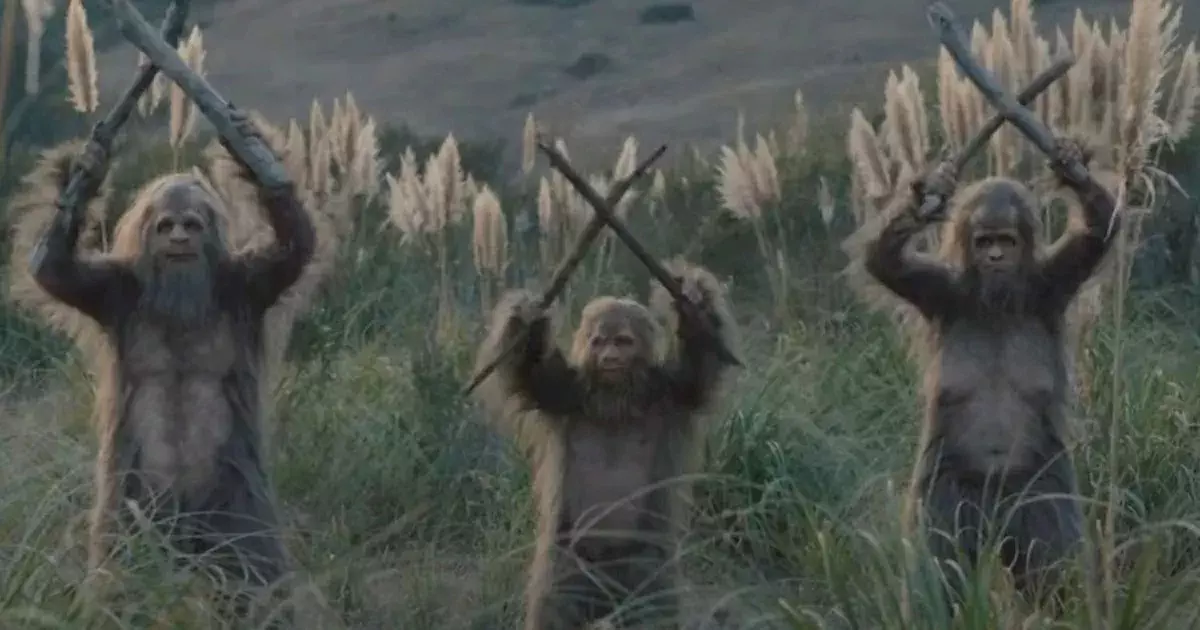
 Movie Reviews1 week ago
Movie Reviews1 week agoSasquatch Sunset (2024) – Movie Review
-

 Uncategorized1 week ago
Uncategorized1 week agoANRABESS Women’s Casual Loose Sleeveless Jumpsuits Adjustbale Spaghetti Strap V Neck Harem Long Pants Overalls with Pockets
-

 Finance1 week ago
Finance1 week agoSponsored: Six Ways to Use Robinhood for Investing, Retirement Planning and More
-

 Politics1 week ago
Politics1 week agoVideo: Biden Announces New Plan for Student Debt Relief
-

 Crypto1 week ago
Crypto1 week agoAnalyzing the Environmental Impact of Cryptocurrency Mining
